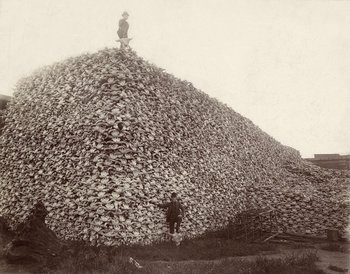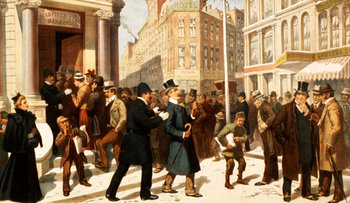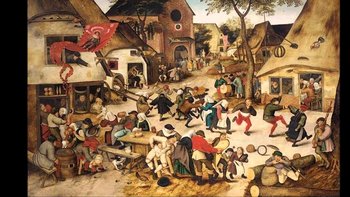
Character Trait
To be clear, as a character trait greed is negative and is not likely to make you popular, happy or successful. However, while greed is negative, close proximities such as motivation, passion and competitive spirit may be admired.Profit Motive
The profit motive is when a society, system or organization rewards people according to their contributions and merits. This creates intense competition in areas such as learning, knowledge creation, quality, productivity, efficiency, price and customer experience. People are motivated to make things better for themselves and their families such that they are amazingly productive and creative when given an opportunity to compete.Markets
In a capitalist system, buyers and sellers compete in markets for capital, securities, assets, goods, services and labor. This is remarkably efficient as firms that produce what consumers need are rewarded such that quality and price improve and shortages and surpluses are relatively small.Spontaneous Order
The ability of markets to efficiently allocate resources and accurately price things based on the chaos of billions of entities acting in their own self-interest is an example of spontaneous order. This can be modeled with a branch of mathematics known as chaos theory.Efficient Market Theory
Efficient market theory is the observation that stocks are so accurately priced by the spontaneous order of markets that it is almost impossible to outperform the market on a risk adjusted basis over the long term. This isn't very intuitive as people outperform the market all the time. However, those who beat the market often take excessive risk such that their returns are likely to regress toward the mean in the long term. Efficient market theory implies that the market, perhaps driven by greed, is remarkably efficient at allocating capital to firms that are likely to make good use of it.Consumerism
A good argument against greed is good is the observation that people are often obsessed by consumption such that it makes them unhappy. People commonly use goods to substitute for elements of the human experience. For example, a movie that substitutes for the human need for adventure.Perverse Incentives
In order for self-interest to produce value, regulations are need to shape things. Where these regulations are flawed people have perverse incentives to create negative value. For example, the stock market is a highly efficient engine for putting capital to work. However, if it wasn't regulated it would decline into fraud and value destruction. Likewise, an economy that isn't regulated properly will produce economic bads such as pollution and poor working conditions.Overconsumption
Greed goes beyond simply acting in one's own self interests such that it implies overconsumption. Overconsumption is a serious problem where it creates economic bads such as pollution and overexploitation of resources. A society can reduce overconsumption with progressive taxes that are expensive for the very rich but leave the profit motive intact for all people. It is also possible to introduce markets for economic bads that, perhaps ironically, use the profit motive to reduce pollution and overexploitation.Don't Hate the Player, Hate the Game
Don't hate the player, hate the game is a modern truism that emerged in the late 1990s in the American hip-hop subculture. This suggests that we blame systems for failures as opposed to individuals. For example, if a greedy trader brings down the entire financial system, we could blame the individual, and perhaps we should, but a more poignant question is how could the system be so fragile that it allows a single person to corrupt it. In other words, blaming individuals may serve as a distraction from systemic issues that are the true root cause of problems.Notes
It could be noted that the entire point of the film Wall Street was that greed is bad.From a pragmatic point of view, people commonly act in their own self-interest and finding ways to direct this in positive ways as a society, culture or group is perhaps a reasonable strategy.| Overview: Greed Is Good | ||
Type | ||
Definition | The theory that self-interest is an inevitable or desirable human state that can produce positive outcomes. | |
Origin | Paraphrase of the quote "greed, for lack of a better word, is good" from the 1987 film Wall Street. | |
Related Concepts | ||































